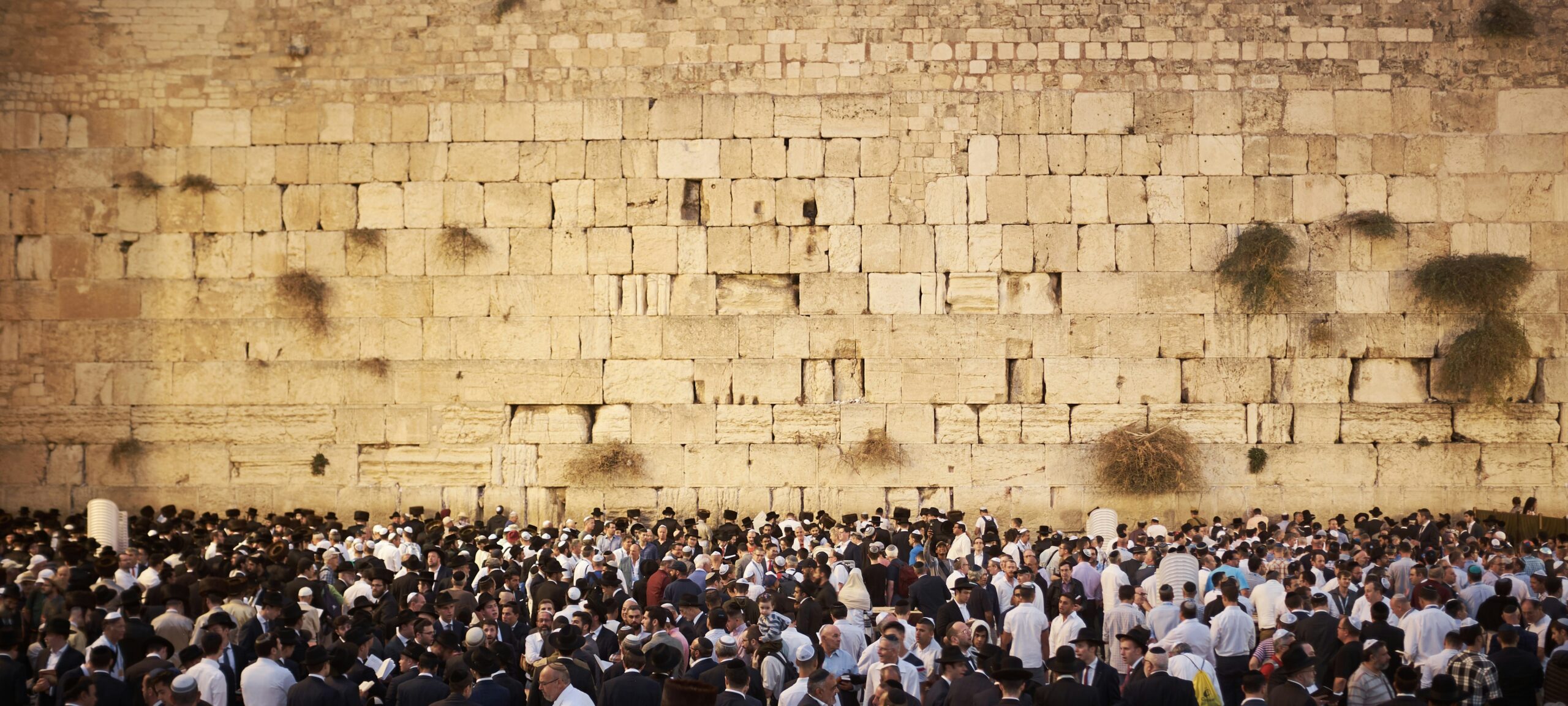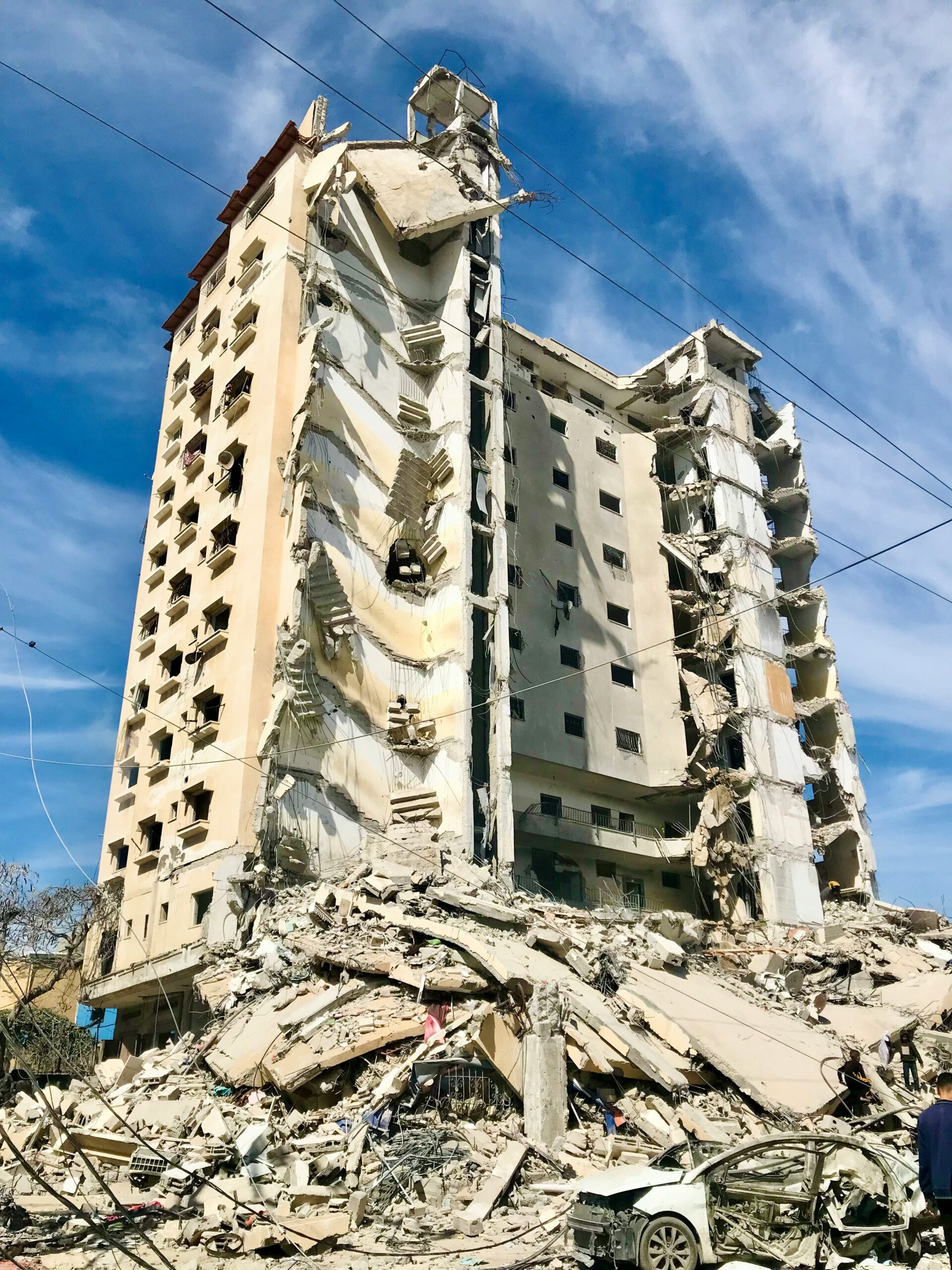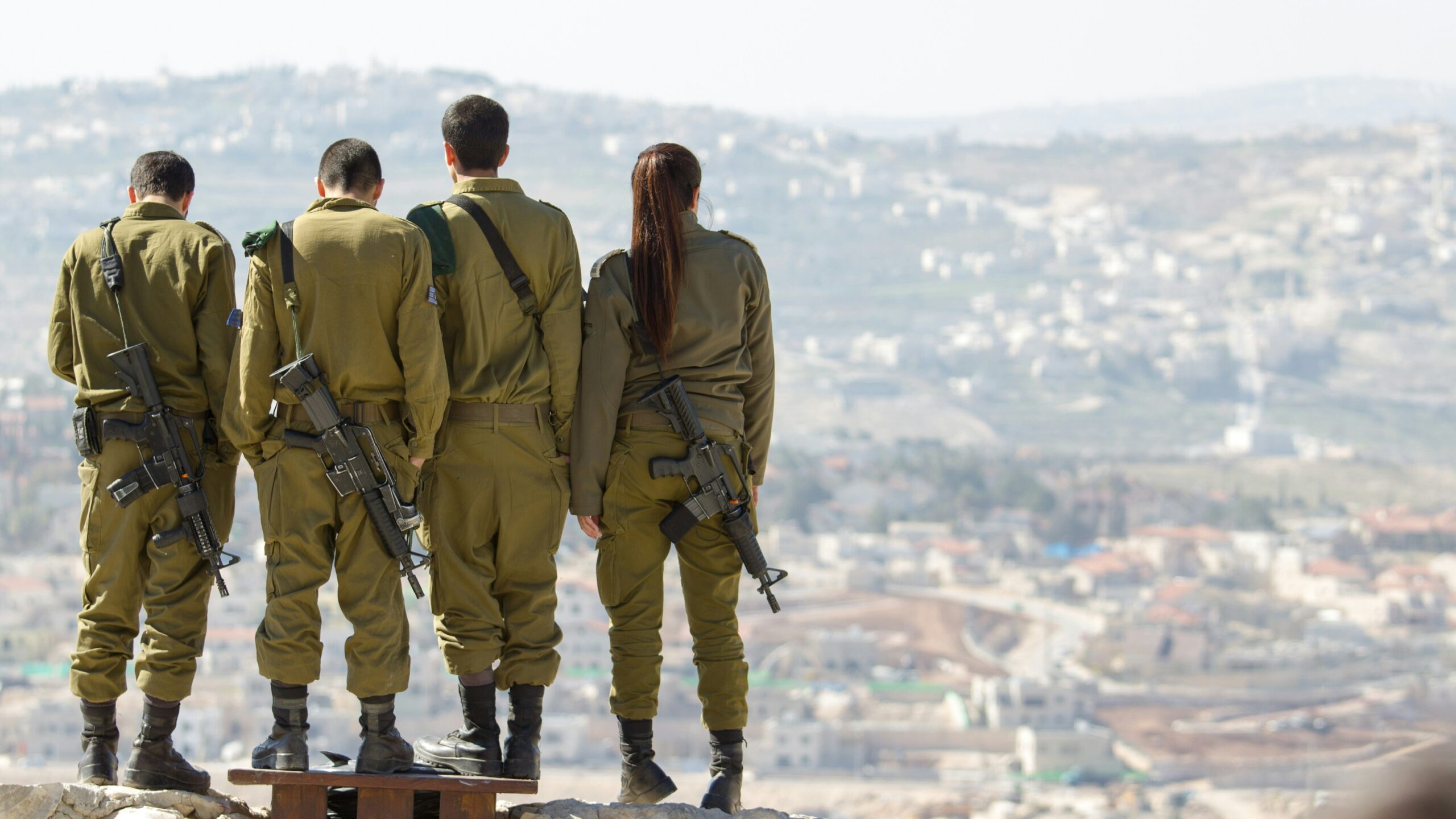Israel is once again turning up the heat in the Middle East, as its military chief announced Wednesday that airstrikes against Hezbollah in Lebanon will persist. General Herzi Halevi declared that these strikes are part of a larger strategy to cripple Hezbollah’s infrastructure and pave the way for potential ground operations. So, the message is loud and clear: Israel has no intention of backing down.

The U.S. Tries to Play Diplomat – Again
While Israel ramps up its offensive, the United States is predictably stepping in, hoping to be the hero. According to sources, a fresh diplomatic push is in the works to put an end to the fighting in both Gaza and Lebanon. The U.N. General Assembly in New York is the stage for these negotiations, with U.S.
President Joe Biden jumping into the fray by warning that a full-scale war is very much on the table. Yet, Biden still holds on to a shred of hope, claiming, “We’re still in play to have a settlement that can fundamentally change the whole region.” How many times have we heard that before?

Hezbollah Takes Aim at Mossad – Or Not?
As Israel expands its airstrikes, Hezbollah isn’t standing idly by. The Iranian-backed group claims to have fired a missile aimed squarely at Mossad’s headquarters near Tel Aviv. However, Israeli officials are quick to deny this, stating the missile was actually targeting civilian areas before being intercepted by the Iron Dome. The back-and-forth finger-pointing between Hezbollah and Israel continues, with no end in sight.
U.S. Secretary of State Plays Peacemaker
Meanwhile, U.S. Secretary of State Antony Blinken and his allies are “working tirelessly” to prevent the conflict from spiraling into a full-blown war. Blinken, in his typical diplomatic tone, emphasized that “the best answer is diplomacy.” But with Hezbollah and Israel exchanging daily fire and death tolls rising, it’s hard to see how diplomatic niceties will solve anything at this point.

Ceasefire Talks: Progress or Just Hot Air?
Despite the diplomatic theater playing out in New York, real progress on a ceasefire appears elusive. Both the U.S. and France are reportedly hard at work drafting ceasefire proposals, but so far, significant strides haven’t been made. Hezbollah, of course, remains adamant that it won’t retreat until Israel’s war on Gaza ends. In the meantime, the conflict continues to escalate, with no clear path to peace.
Israeli airstrikes have been relentless, targeting Hezbollah strongholds across southern Lebanon and beyond. Hezbollah, in turn, has launched barrages of rockets into northern Israel, hitting towns and even assisted living facilities. The situation is spiraling out of control, with Israeli officials mobilizing additional reserve brigades to defend the northern border.

Death Toll Mounts as Lebanese Flee
Lebanon is bearing the brunt of this war. Israeli bombings have killed over 550 people in just one day, making it the deadliest attack since Lebanon’s civil war ended. Lebanese hospitals are overwhelmed with the wounded, and nearly half a million people have been displaced from their homes. Even as world leaders express concern, the humanitarian crisis deepens, with no resolution in sight.
In a fiery statement, Hezbollah promised to keep striking Israel “in defense of Lebanon and its people” and to support the Palestinians in Gaza. The group claims Israel is targeting its members using dirty tricks, including booby-trapping pagers and radios. Of course, Israel neither confirms nor denies involvement in these incidents. The rhetoric on both sides is heating up, with no sign that either is willing to blink first.

Netanyahu: “Hezbollah Is Getting Hit Hard”
Israeli Prime Minister Benjamin Netanyahu isn’t mincing words, either. In a video message, he boldly claimed that Hezbollah is being hit harder than it could have ever imagined, reiterating his commitment to bring displaced Israelis back to their homes in the north. Clearly, Israel has no plans to ease up on its military campaign.
The Human Cost of War
While political leaders throw around bold statements and missiles fly overhead, civilians on both sides are paying the price. Lebanese homes are being flattened, families are fleeing, and hospitals are overflowing. In Israel, rockets rain down, causing damage and panic. Despite all the bluster and bravado, it’s the ordinary people who suffer the most in this ongoing conflict.

















